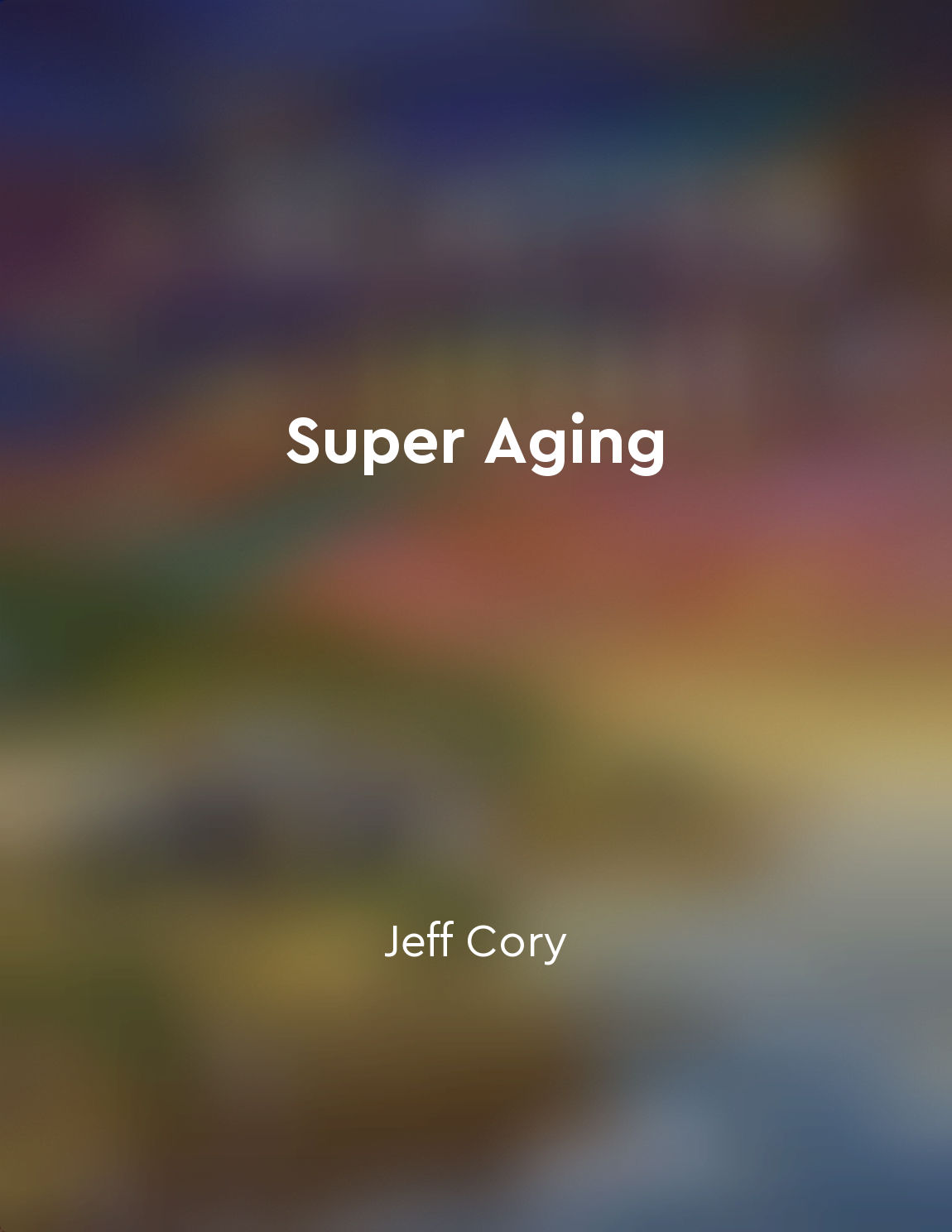Understanding the aging process is essential for providing holistic care from "summary" of Geriatric Nursing by Priscilla Ebersole, RN, PhD, FAAN,Theris A. Touhy, ND, APRN, BC
As nurses caring for older adults, it is crucial to have a deep understanding of the aging process. This understanding allows us to provide holistic care that addresses the unique physical, psychological, social, and spiritual needs of older individuals. By recognizing the changes that occur as people age, we can tailor our care to meet those specific needs. Aging is a complex and multifaceted process that affects every aspect of a person's life. Physically, older adults experience a variety of changes, such as decreased muscle mass, reduced bone density, and changes in sensory perception. These changes can impact a person's mobility, balance, and overall physical health. By understanding these physical changes, nurses can implement interventions to promote optimal functioning and prevent complications. In addition to physical changes, aging also brings about psychological and social changes. Older adults may face issues such as grief, loss, loneliness, and depression. They may also experience cognitive changes, such as mild cognitive impairment or dementia. By understanding these psychological and social changes, nurses can provide emotional support, facilitate social connections, and promote cognitive health. Furthermore, the aging process often involves spiritual changes as well. Older adults may grapple with existential questions, seek meaning and purpose in their lives, or turn to their faith for comfort and guidance. By acknowledging and addressing these spiritual needs, nurses can provide holistic care that nurtures the whole person.- Understanding the aging process is essential for providing holistic care to older adults. By recognizing the physical, psychological, social, and spiritual changes that occur as people age, nurses can tailor their care to meet the unique needs of older individuals. This comprehensive approach to care ensures that older adults receive the support and assistance they need to thrive in their later years.
Similar Posts
Aging is a journey, not a destination
As we age, we often fixate on reaching some elusive destination where we will finally feel content with ourselves. We imagine t...
Pain and suffering are common experiences in the dying process
As we approach the end of life, pain and suffering become inevitable companions on the journey towards death. The dying process...
Embrace spirituality and mindfulness
In the search for fulfillment and purpose, it is essential to delve into the realms of spirituality and mindfulness. By embraci...

Hormones control growth and development
Hormones, chemical messengers produced by the endocrine system, play a crucial role in controlling growth and development. Thes...
Accurate diagnosis requires thorough evaluation
Accurate diagnosis is an essential component of effective medical practice. It is the foundation upon which appropriate treatme...
Practicing gratitude can improve mental health in older adults
Practicing gratitude can have a profound impact on mental health in older adults. By cultivating a sense of thankfulness for th...

Laughing and having fun contribute to super aging
Laughing and having fun are essential components of super aging. These activities not only bring joy and happiness into our liv...
Geriatric nurses play a vital role in supporting older adults
Geriatric nurses are essential in providing care and support to older adults. These healthcare professionals play a crucial rol...
Pain and suffering are common experiences in the dying process
As we approach the end of life, pain and suffering become inevitable companions on the journey towards death. The dying process...

